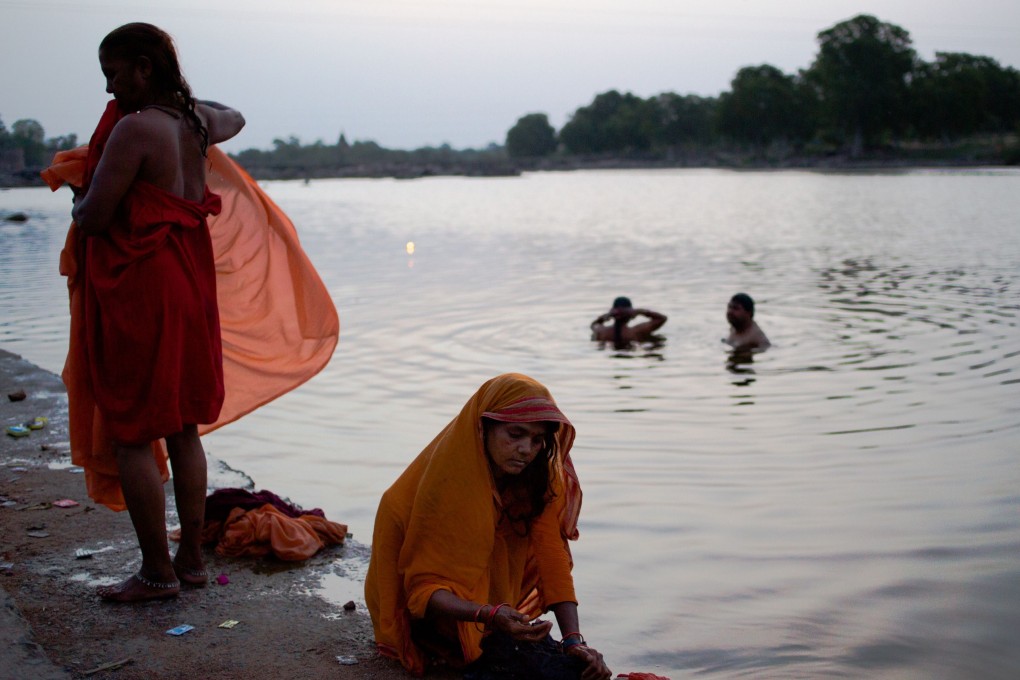India must regulate its booming surrogacy business and stop women being exploited as just a 'womb for hire'
Amrit Dhillon says poor women in India are still being exploited in the unregulated but booming surrogacy business catering to rich couples

Surrogate mothers in India are a sad lot, their lives wrapped in layers of exploitation. At the bottom of the social heap, poor and uneducated, they spend their days in drudgery either in an urban slum or a rural shack.
Poverty has forced these women to "willingly" rent their wombs to rich Indian and foreign couples. In practice, this often means that when the surrogacy contracts are being signed, they give their uninformed consent to all manner of procedures without understanding a word of what is written.
If this wasn't bad enough, the findings of a new study on Delhi's fertility clinics - by researchers at two Indian universities, University of Delhi and Jawaharlal Nehru University, and Aarhus University in Denmark - show that their situation is even worse, with doctors doing their utmost to please the commissioning couples, often at the risk of harm to the mother.
The study found that some doctors implant several embryos in the womb - sometimes up to five or six - to ensure a higher success rate even though medical guidelines say that transferring more than three embryos can pose a serious health risk to the mother. "In a majority of clinics, doctors alone made the decisions about the number of embryos to transfer. Some of them involved the commissioning parents but few involved the mothers," one of the researchers said.
What is unconscionable is how the Indian government has let this billion-dollar industry continue for so long with little or no regulation.
As cases of exploitation began being reported, the government came out with the draft Assisted Reproductive Technologies bill in 2010. It provides surrogates with a range of safeguards and also lays down regulations for the thousands of fertility clinics in the country.